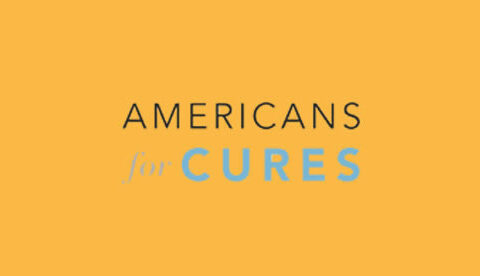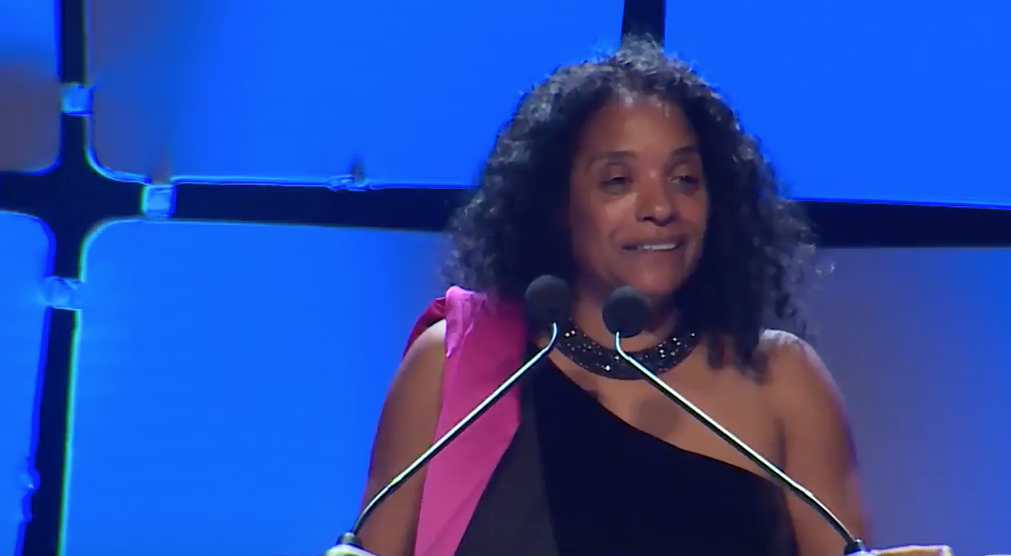About
- Though everyone has the gene that causes HD, only those who inherit the expansion (repeating triplet series on the huntingtin gene) of the gene will develop HD and pass it on to each of their children.
- The mutated (expanded) HD gene produces a protein that is toxic to nerve cells, eventually killing them.
- HD primarily strikes people in their prime working years, between the ages of 30-50 and worsens over a period of 10 to 25 years.
- People suffering from HD are weakened by the disease and often die from pneumonia, heart failure or other complications.
- About 30,000 people have been diagnosed with HD in the U.S. and another 200,000 are at risk of developing the condition.
How Stem Cell Research Can be Used to Treat or Study Huntington’s Disease
1. Disease modeling allows researchers to study HD. Using skin or blood cells from HD patients, scientists can generate “HD models in a dish” and study the mechanisms by which the expansion of the HD gene occurs.
2. The “disease in a dish” model also enables scientists to perform drug screening for potential medications/therapies that may mitigate the disease.
Stem cells could also be used as a therapeutic. By generating healthy neuronal stem cell populations and delivering them to the brains of patients affected by HD, scientists could reduce the production of the toxic form of the protein and therefore protect neurons.
CIRM’s Progress: Selected Research Highlights
- CIRM-funded researchers at UC Irvine are using neural stem cells as a potential therapy. Stem cells are modified to boost the production of a protein that typically serves as “food” for neurons (BDNF). These modified cells can then be delivered to the brain where they could protect existing neurons from further damage.
- Researchers at UC Davis have used mesenchymal stem/stromal cells or MSCs (a type of adult cell) to engineer them with the ability to produce “food” for neurons (BDNF) and to deliver the modified cells to the patients. The advantage of using MSCs is that they are derived from the patient’s own body and will therefore minimize the use for immunosuppressive drugs. The goal of these studies would be to slow down the progression of the disease.
- Researchers at Scripps Research Institute have used the patient’s own blood or skin cell to generate a population of induced pluripotent stem cells (iPSCs). Since these iPSCs retain the characteristics of the mutation, they can be used for disease modeling. By generating “HD in a dish” model, scientists have been able to study the mechanisms of HD development. This research team has identified candidate proteins involved in repeat expansion. Further, they are testing a number of potential molecules that could intervene with this expansion mechanism.




